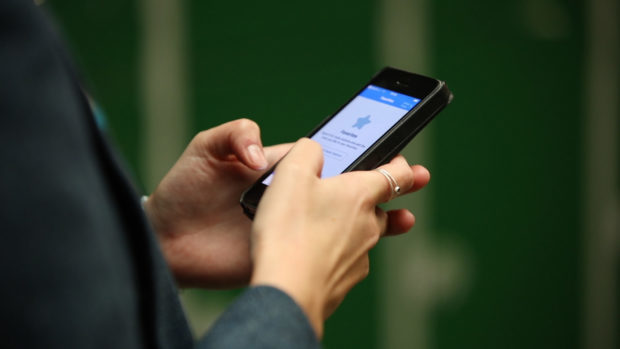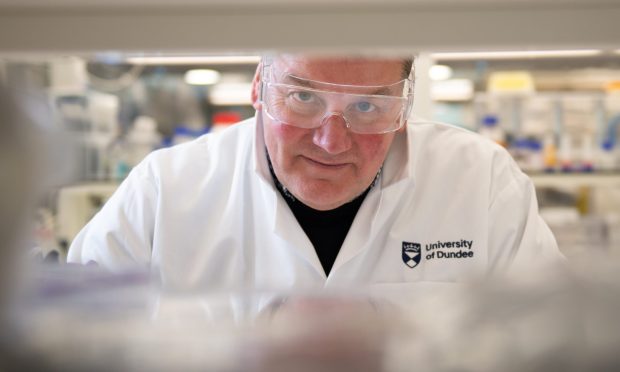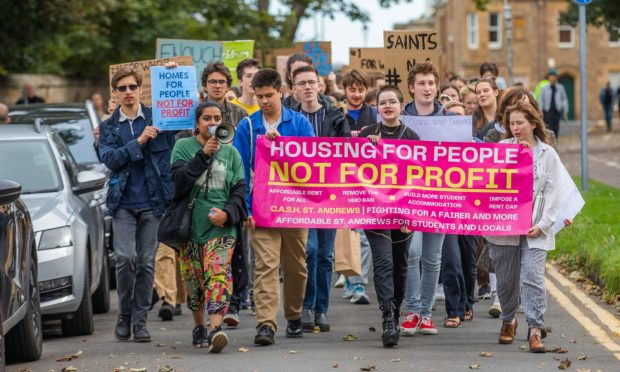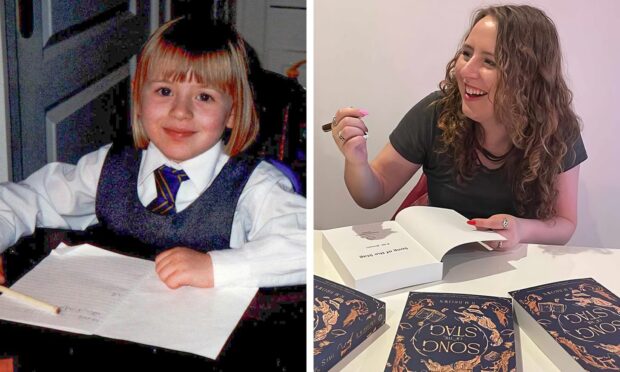Michael Alexander examines efforts being made to debunk myths circulating on social media about the coronavirus.
It has been described by Prime Minister Boris Johnson as the “worst public health crisis for a generation”.
As uncertainties about the growth and spread of the coronavirus have gripped the planet, governments and health authorities have directed what they regard as the most accurate information available to limit its spread.
Washing hands often, avoidance of touching the face, social distancing and staying home when sick remain basic, official advice that health professionals say should be adhered to.
But in a world of “fake news”, concerns have also been growing about a raft of unsubstantiated and downright false information spreading via the internet and social media about Covid-19.
The World Health Organisation has partnered with tech companies including Google, Facebook and Twitter, to fight bad information about the coronavirus, and its website has debunked claims about saline, antibiotics, chlorine and other substances.
Examples of misinformation and rumour include claims that gargling warm salty water, taking vitamins or heating your nasal passages will eliminate the virus or keep it from reaching your lungs.
One unhelpful meme showed the virus as a cluster of green burrs infecting the throat of a glowing blue man. While gargling water might help soothe a sore throat, there’s no evidence that gargling warm water with salt or vinegar “eliminates” the coronavirus.
Another series of posts with bad advice included claims that sunshine could kill the virus and that ice cream should be avoided. Unicef, whose name was tagged on the post, have confirmed this is of course not true.
Another social media post suggested that sipping water every 15 minutes or so can protect by flushing the virus into your stomach. The idea here is that it wouldn’t enter your trachea, which leads to the lungs.
But while staying hydrated is a good idea generally, there is again no evidence that frequent sips keep the virus from entering the lungs.
Another misleading video doing the rounds on Facebook claims that the virus cannot survive in hot temperatures. It shows a woman aiming a hair dryer at her face with the goal of heating her sinuses to the “coronavirus kill temperature” of 133 degrees. Elsewhere on social media, people have suggested that hand dryers can kill the virus.
But according to the World Health Organisation, the virus cannot be killed by hand dryers and it appears that it can survive in a full range of temperatures.
Other social media claims that have been debunked include the ‘benefits’ of colloidal silver ingestion. While vitamins can bring benefits as part of a balanced diet, social media suggestions that additional vitamins can protect people from Covid-19 in any consistent or significant way have also been described by health experts as inaccurate.
This week social media site Twitter announced that Tweets which promote fake treatments for the coronavirus or deny expert guidance will be marked as harmful and removed.
The platform, which has millions of active users, said content that could place people at a higher risk of contracting Covid-19 would contravene its safety rules.
It follows an announcement from technology companies Facebook, Google, LinkedIn, Microsoft, Reddit and YouTube earlier this week in which they committed to work together and with governments in response to the pandemic.
Social media sites and search engines have already been placing official guidance from the NHS and World Health Organisation at the top of search results.
St Andrews University social psychologist Dr Fergus Neville, who is a lecturer in organisational studies, said that when it comes to social media and the virus, there have clearly been positive aspects such as its use to set up of community groups and pages to help neighbours. But there have also been a number of negative aspects.
“Human behaviour is not just determined by our individual thoughts, but by what we believe people like us are thinking and doing,” he said.
“Social psychologists call these beliefs “metaperceptions”. When people post social media messages of stockpiling behaviours – e.g. photos of empty supermarket shelves – this can amplify the problem because it gives the false impression that everyone else is shopping selfishly, and so you should too. “While some shelves have been temporarily cleared, retailers argue that they have the stock to replenish and that stockpiling has been very limited.
“This is why everyone – including the media – should avoid the term “panic” on social media. It doesn’t accurately describe people’s behaviour, and can be actively harmful by actually creating the very phenomenon it seeks to condemn.
“The sense that others are competitors rather than allies can weaken the solidarity which is the key to tackling this crisis. Instead of individualising – everyone for themselves – we need to collectivise – we can get through this together.”
Likewise, Dr Neville said social media posts which try to set groups of people against one another undermine the global struggle against the virus which the WHO has named the ‘enemy of humanity’. He added: “Although it can be divisive, social media can also have a profoundly positive impact in bringing people together.”









